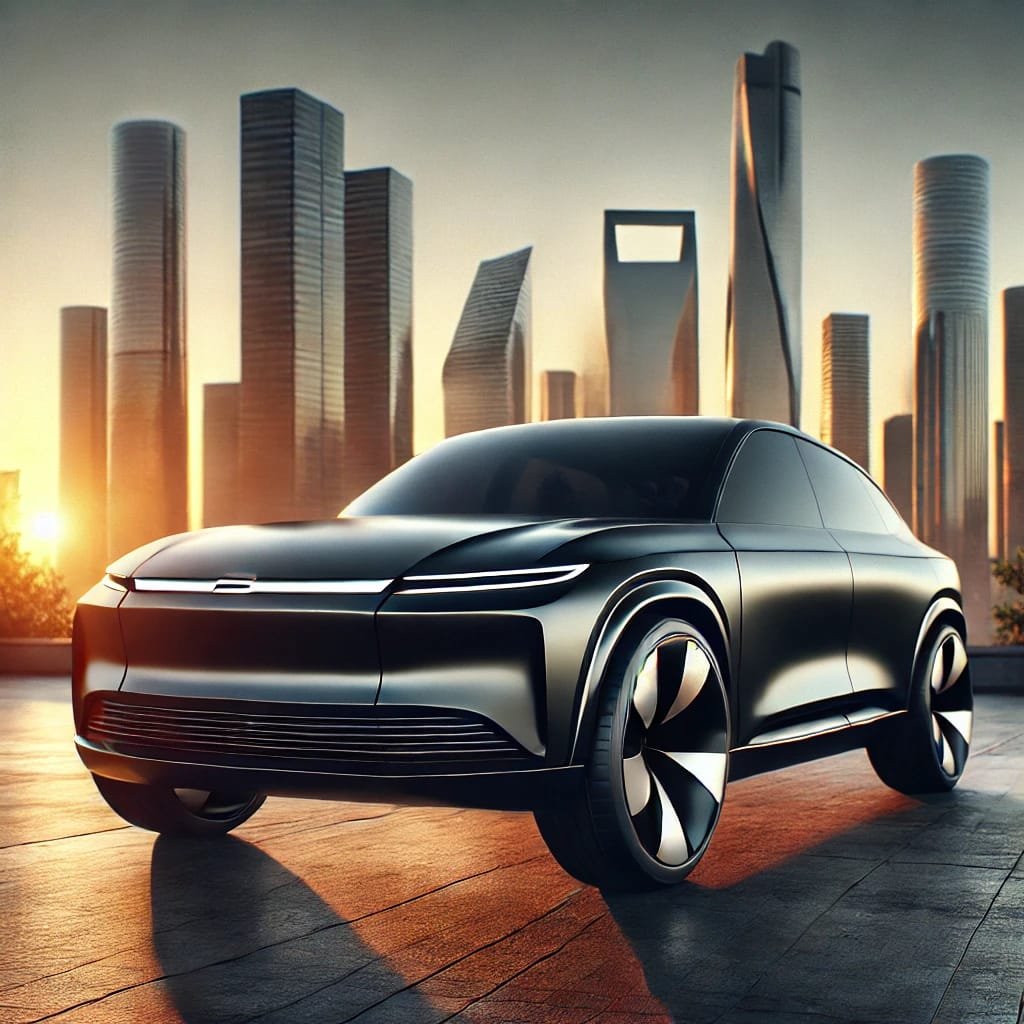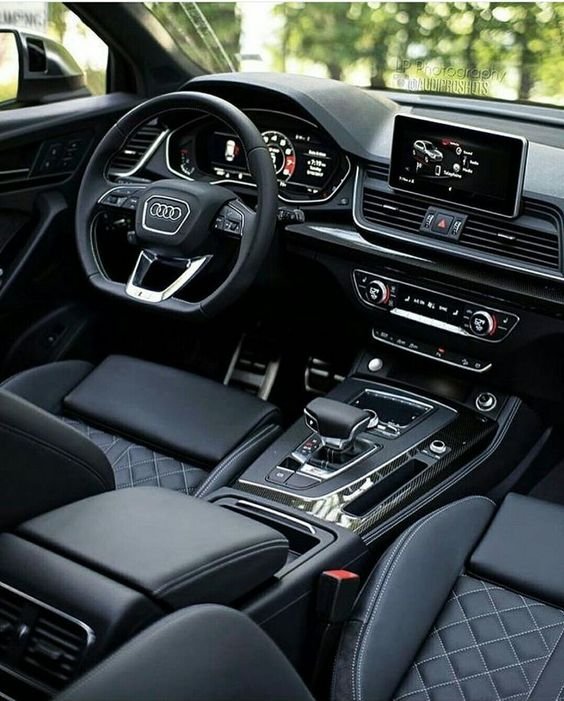
Maruti Suzuki India Limited (MSI), a dominant force in the Indian automobile industry, is undergoing significant changes as it plans for future growth. In a recent address to shareholders at the company’s annual general meeting, Chairman R.C. Bhargava discussed several key developments, including a minor delay in finalizing a site for a new manufacturing plant, the company’s unwavering commitment to small cars, and the anticipated rollout of electric vehicles (EVs).
This article will explore these updates in detail, examining Maruti Suzuki’s strategic decisions, the challenges it faces, and the broader implications for the Indian automotive industry.
A Small Delay in Expanding Manufacturing Capacity
One of the most significant announcements from the annual general meeting was the acknowledgment of a “small delay” in finalizing the site for a new manufacturing facility, which is expected to have an annual production capacity of one million units. Despite this setback, Bhargava assured shareholders that the construction of the upcoming plant in Kharkhoda, Haryana, remains on track, with production expected to commence by the 2025-26 fiscal year.
The new Kharkhoda plant, which represents a major investment of ₹18,000 crore, is the company’s third manufacturing facility in Haryana, further solidifying the region as a crucial hub for Maruti Suzuki’s production capabilities. This plant is part of the company’s broader strategy to increase its production capacity to meet rising demand and maintain its market leadership.
In addition to the Kharkhoda facility, Maruti Suzuki is also planning a second manufacturing facility in Gujarat, as announced earlier this year at the Vibrant Gujarat Global Summit. The Gujarat plant, with an investment of ₹35,000 crore, will also have an annual production capacity of one million units. However, finalizing the site for this facility has encountered delays, which Bhargava described as a minor hiccup in the company’s long-term expansion plans.
The Commitment to Small Cars: A Strategic Priority
Despite fluctuations in market demand, Maruti Suzuki remains committed to producing low-cost, small cars, which have long been the backbone of the company’s success in India. Bhargava reiterated the importance of these vehicles in India’s economic and social context, emphasizing that small cars are essential for providing affordable and reliable transportation to the country’s burgeoning middle class.
Over the past few years, demand for small cars has seen a temporary decline, largely due to changing consumer preferences and increasing competition from compact SUVs and other larger vehicles. However, Bhargava expressed confidence that this trend is temporary, predicting a revival in small car demand by the end of the 2025-26 fiscal year.
Bhargava highlighted the fact that a significant portion of the Indian population, particularly those currently reliant on two-wheelers, aspires to own small cars. These consumers are looking for safer, more comfortable alternatives to scooters and motorcycles, especially given the country’s harsh weather conditions. Maruti Suzuki aims to cater to this segment by continuing to produce affordable, small cars that meet the needs of the average Indian consumer.
Expanding Maruti Suzuki’s Sales and Service Network
In line with its commitment to small cars, Maruti Suzuki is also focused on expanding its sales and service network in rural areas and small towns. Bhargava emphasized the importance of ensuring that the benefits of Maruti Suzuki’s extensive service network are accessible to customers in smaller cities and rural areas, not just in major urban centers. This expansion is crucial for maintaining customer satisfaction and loyalty, particularly among first-time car buyers who may be new to car ownership and require reliable after-sales service.
By strengthening its presence in these regions, Maruti Suzuki aims to tap into the growing demand for affordable vehicles in rural India, where rising incomes and improving infrastructure are driving increased automobile ownership.
The Roadmap to Electric Vehicles: Six Models by 2030
Another major focus of Bhargava’s address was Maruti Suzuki’s roadmap for electric vehicles (EVs). The company is gearing up to launch its first EV model in the coming months, with plans to export it to Europe and Japan. By the 2030-31 fiscal year, Maruti Suzuki expects to have six EV models in its lineup, reflecting the company’s commitment to cleaner transportation and carbon neutrality.
Maruti Suzuki’s approach to EVs is measured, recognizing that widespread adoption of electric vehicles in India will take time due to various challenges, including high costs, limited charging infrastructure, and consumer concerns about range and reliability. Bhargava acknowledged these challenges but asserted that the company is committed to developing EVs that are well-suited to India’s specific conditions and consumer needs.
In addition to EVs, Maruti Suzuki is also exploring other avenues to reduce carbon emissions and promote sustainability. This includes ongoing efforts to make internal combustion engine vehicles more efficient and environmentally friendly. Bhargava emphasized that while EVs will play an increasingly important role in the future, it is equally important to continue improving the environmental performance of all vehicle types in the interim.
Collaboration with Suzuki Motor Corporation in Japan
Maruti Suzuki’s efforts to develop new technologies and products are closely aligned with its parent company, Suzuki Motor Corporation in Japan. Bhargava mentioned that both companies are reviewing how best to strengthen and accelerate the development of new technologies, particularly in the area of electric and hybrid vehicles.
This collaboration is expected to enhance Maruti Suzuki’s capabilities in producing vehicles that meet the evolving needs of consumers, both in India and abroad. By leveraging Suzuki’s global expertise and know-how, Maruti Suzuki aims to stay ahead of the competition and maintain its leadership position in the Indian automotive market.
The Role of Hybrid Vehicles in Maruti Suzuki’s Strategy
During the meeting, Bhargava also addressed queries from shareholders regarding the role of hybrid vehicles in Maruti Suzuki’s product lineup. He clarified that hybrid vehicles are not in conflict with electric vehicles; rather, they serve as an important bridge technology that can help reduce pollution and oil consumption in the short to medium term.
Hybrid vehicles, which combine a traditional internal combustion engine with an electric motor, offer several advantages, including improved fuel efficiency and lower emissions compared to conventional vehicles. Bhargava emphasized that hybrid vehicles are particularly well-suited to markets like India, where the adoption of fully electric vehicles may be slower due to infrastructure and cost challenges.
By offering a range of hybrid models, Maruti Suzuki aims to provide consumers with more environmentally friendly options while continuing to develop and promote fully electric vehicles.
Challenges and Opportunities: Navigating the Future
Maruti Suzuki’s ambitious plans for expansion and innovation come with both challenges and opportunities. The delay in finalizing the site for the new Gujarat plant, while minor, highlights the complexities involved in large-scale manufacturing expansion. However, the company’s strong track record and strategic planning suggest that it will overcome these challenges and continue to grow.
The focus on small cars, while potentially risky given current market trends, reflects Maruti Suzuki’s deep understanding of the Indian market and its commitment to providing affordable transportation solutions. As the demand for small cars is expected to revive in the coming years, Maruti Suzuki’s continued investment in this segment could pay off handsomely.
The company’s measured approach to electric vehicles also positions it well for the future. By gradually introducing EVs while continuing to improve the efficiency of traditional and hybrid vehicles, Maruti Suzuki is taking a balanced approach that aligns with the realities of the Indian market.
Moreover, the collaboration with Suzuki Motor Corporation in Japan provides Maruti Suzuki with a strong foundation for innovation and development. This partnership is likely to yield significant benefits in terms of technology transfer, product development, and market expansion.
Looking Ahead: Maruti Suzuki’s Vision for 2030
In outlining the company’s roadmap for the next seven years, Bhargava provided a clear vision for Maruti Suzuki’s future. By 2030-31, the company aims to achieve an annual production capacity of approximately four million units, introduce six new EV models, and increase exports to 7.5-8 lakh units annually. These ambitious targets reflect Maruti Suzuki’s confidence in its ability to adapt to changing market conditions and lead the Indian automotive industry into the future.
As Maruti Suzuki continues to navigate the challenges and opportunities ahead, its commitment to innovation, sustainability, and customer satisfaction will be key drivers of its success. Whether through the development of new manufacturing facilities, the expansion of its product lineup, or the adoption of new technologies, Maruti Suzuki is poised to remain a dominant force in the Indian automotive market for years to come.
Conclusion
Maruti Suzuki India’s recent announcements highlight the company’s strategic focus on expanding its manufacturing capacity, maintaining its leadership in the small car segment, and transitioning to electric vehicles. While challenges remain, including delays in site finalization and evolving market dynamics, Maruti Suzuki’s strong track record, clear vision, and commitment to innovation position it well for future success.
As the company moves forward, its ability to adapt to changing consumer preferences, leverage its partnership with Suzuki Motor Corporation, and continue investing in new technologies will be critical to maintaining its market leadership and achieving its long-term goals.
ALSO READ: Najm for Insurance Services and the Future of Vehicle Repair







